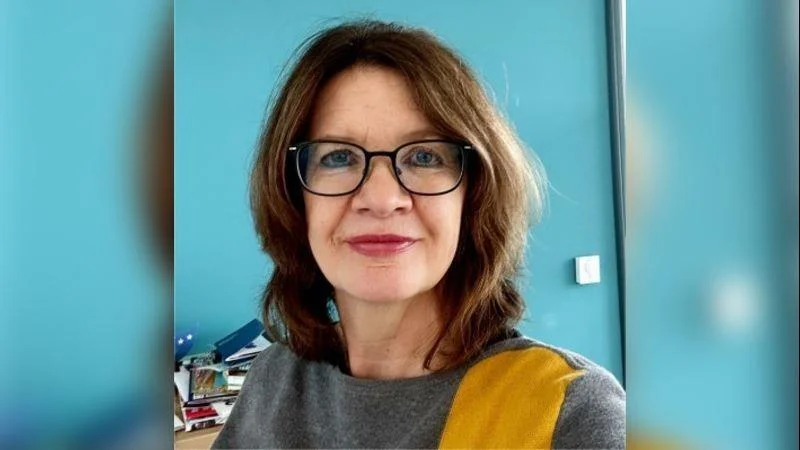Textiles from Bangladesh are globally recognized for their affordability, but this often came at the cost of safety and environmental standards. Changes are underway as KfW, representing the German Federal Government, joins a European consortium to provide over EUR 50 million for social and environmental investments in Bangladesh's textile sector. The funding will primarily be available through loans.
Rashida Khatun, an employee at Sparrow Apparels Limited in Gazipur, appreciates the improvements: “I can now take care of my child and get to work on time.” She benefits from a company kindergarten established with loans from the "Program to Support Safety Retrofits and Environmental Upgrades in the Bangladeshi Ready-Made Garments Sector" (SREUP). This initiative is funded by AFD (Agence Française de Développement), the EU, and KfW. AFD contributed over EUR 50 million, while the EU provided EUR 6 million and KfW added another EUR 4 million. These funds enabled 14 Bangladeshi banks to issue loans for social and environmental enhancements in textile companies. Companies that successfully implement positive changes may receive grants as incentives.
The textile industry is crucial for Bangladesh’s economy, accounting for 80% of exports and employing about four million people, half of whom are women. Through this project, KfW supports sustainable production practices along with labor and environmental standards.
Bangladesh's textile sector faces competition from Vietnam, which is developing its own robust industry. International brands demand compliance with higher standards.
Khalid Hossain Khan of Euro Knitwear Limited recalls a fire incident: “A fire in October 2022 destroyed large parts of our building.” Thanks to an SREUP loan, significant fire protection measures have been implemented at their new premises. Mohammad Nurun Nobi, an employee there says it’s reassuring to have fire extinguishers throughout the site. The installation includes a pump house and water tanks on the roof.
The SREUP loans also support environmental initiatives such as solar panel installations and sewage treatment plants. Photovoltaic systems installed produce more than 28 MWh annually, reducing carbon dioxide emissions by nearly 18,000 tonnes each year. Other companies invested in energy-efficient machinery with these funds benefiting around 51 companies directly impacting 200,000 people directly and indirectly reaching another 800,000 individuals.
Sparrow Group of Industries has not only established kindergartens but also healthcare facilities for employees' families along with an ambulance service ensuring quick hospital access for injured workers.
These improvements set benchmarks across Bangladesh's textile sector promoting adherence to social and environmental standards significantly contributing towards achieving UN Development Goal 8 - decent work alongside economic growth.

